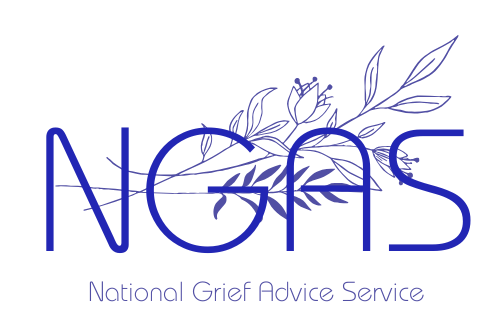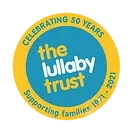Organising a Funeral
One of the most challenging aspects of a bereavement is organising the funeral, particularly when time is so short. Consider this comparison between planning a wedding and planning a funeral:
Wedding to do list:
- Arrange a service
- Draft and print the order of service
- Choose songs/hymns/music
- Hire a function venue
- Arrange the catering
- Order flowers
- Book the wedding cars
- Decide who to invite
- Send out invitations
- Place a notice in the local newspaper
Funeral to do list:
- Arrange church / crematorium service
- Draft and print the order of service
- Choose songs/hymns/music
- Hire a function venue
- Arrange the catering
- Order flowers
- Book the hearse & limousines
- Decide who to invite
- Contact the people invited
- Place a notice in the local newspaper
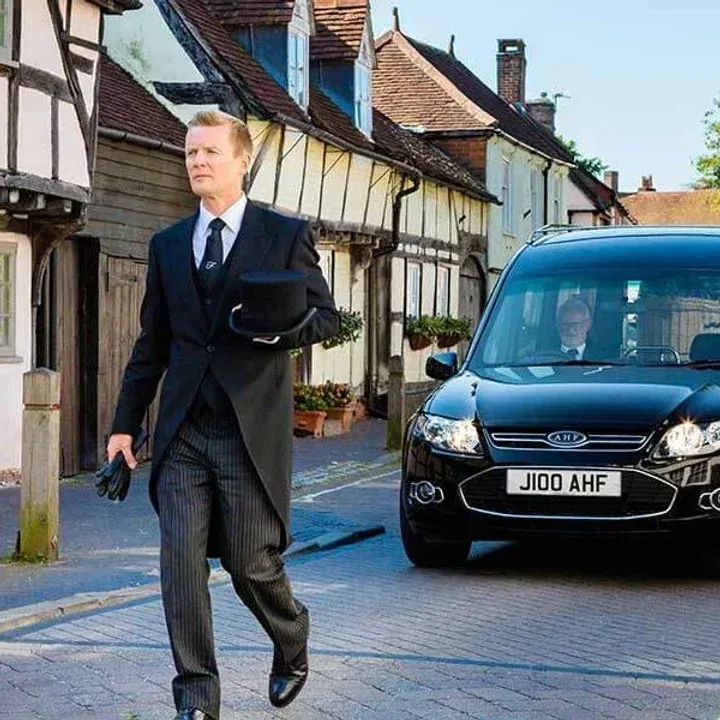
Considering the demands of organising a funeral, most people choose to do so by using a funeral director. It is a good idea to find one who belongs to one of the professional associations, such as the National Association of Funeral Directors (NAFD) or the Society of Allied and Independent Funeral Directors (SAIF). These associations have codes of practice and complaints procedures for extra peace of mind. Click here for a list of funeral directors.
The first step is to find out if the deceased had already arranged their funeral with a local funeral director or national company. There may be details of this in their Will or you may be able to locate some paperwork giving details of the plan. However, if the deceased had not already arranged their funeral, you will need to organise this. If you are not already familiar with local funeral directors, it can be helpful to ask people you know for their experiences or, alternatively, go online to find recommendations. Once you have identified which funeral director you wish to use, arrange an appointment with them to discuss their services. This initial consultation can be both difficult and emotional but the staff will be experienced in putting you at your ease and in treating you with sensitivity. Each funeral director is able to provide a range of funeral types to suit different budgets
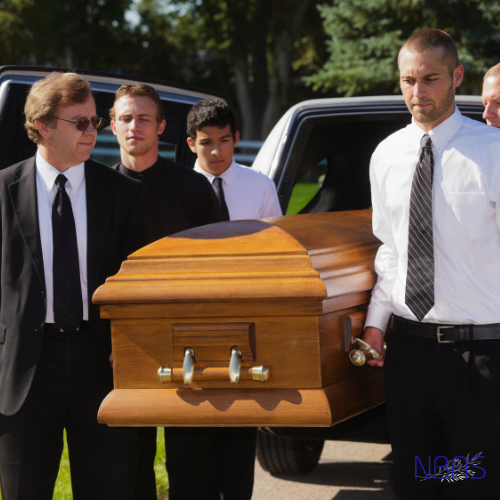
The most basic will include:
- Transport of the deceased to the funeral home up to a certain distance. If your loved one died away from home, there may be an additional charge for this.
- Care of the body (for example, washing, dressing and laying out of the body) and keeping the body until the funeral.
- Obtaining necessary paperwork and certificates.· Liaising with the Coroner if necessary.
- Organising payment of fees eg burial or cremation fees, fees for celebrant, religious leader etc.
- Booking the crematorium, church, temple etc.· Arranging for the playing of music, songs, hymns etc.
- A plain, lined coffin.
- Providing a hearse to take the coffin to the crematorium or burial ground.
- Providing bearers to carry the coffin.
- Dealing with all enquiries relating to the funeral.
- Receiving, handling, acknowledging and forwarding donations.
- Advice on any queries you may have relating to the funeral.
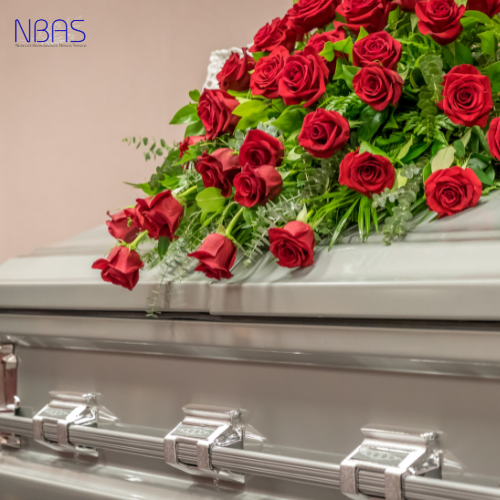
There are a range of other services which might also be offered for an additional cost, such as:
- Embalming the body.
- Providing a more expensive coffin and fittings.
- Providing flowers.· Providing additional limousines.
- Providing horse and carriage or alternative hearses.
- Placing notices in local newspapers.
- Organising the printing of the Order of Service.
- Listing the mourners.
- Provision of flags for the coffin.
- Broadcasting the service online for those unable to attend the service.
- Provision of a venue and catering for the wake.
Paying for the funeral
Your funeral director will inform you about the fees associated with the funeral. As stated above, the deceased might have already paid for their funeral. If not, it might be that they had an insurance policy for this purpose. Failing that, the fees will need to come from the deceased’s estate.
Most banks and building societies will arrange for these fees to be paid from the account if there are sufficient funds in it. You would need to provide an original or certified copy of the death certificate, an invoice from the funeral directors with your name and address on it and some form of ID to prove your identify (eg passport, utility bill, driving licence etc).
However, the deceased may have died without leaving sufficient funds for their funeral. In this case, it is possible to arrange finance to meet the costs, should you wish to do so.
Finally, in some specific circumstances, the DWP Bereavement Service might be able to help in the form of a Funeral Expenses Payment. You can contact them on 0800 151 2012.
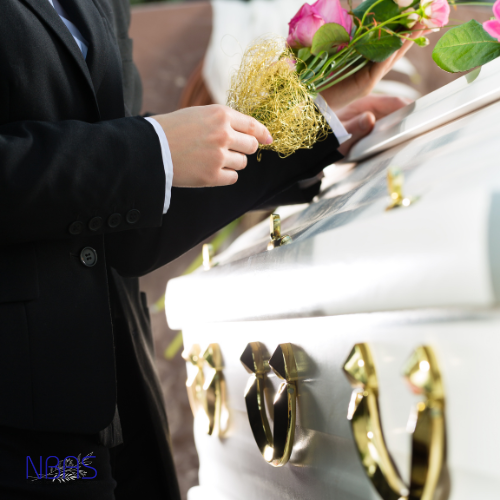
Paying for the funeral
Your funeral director will inform you about the fees associated with the funeral. As stated above, the deceased might have already paid for their funeral. If not, it might be that they had an insurance policy for this purpose. Failing that, the fees will need to come from the deceased’s estate.
Most banks and building societies will arrange for these fees to be paid from the account if there are sufficient funds in it. You would need to provide an original or certified copy of the death certificate, an invoice from the funeral directors with your name and address on it and some form of ID to prove your identify (eg passport, utility bill, driving licence etc).
However, the deceased may have died without leaving sufficient funds for their funeral. In this case, it is possible to arrange finance to meet the costs, should you wish to do so.
Finally, in some specific circumstances, the DWP Bereavement Service might be able to help in the form of a Funeral Expenses Payment. You can contact them on 0800 151 2012.
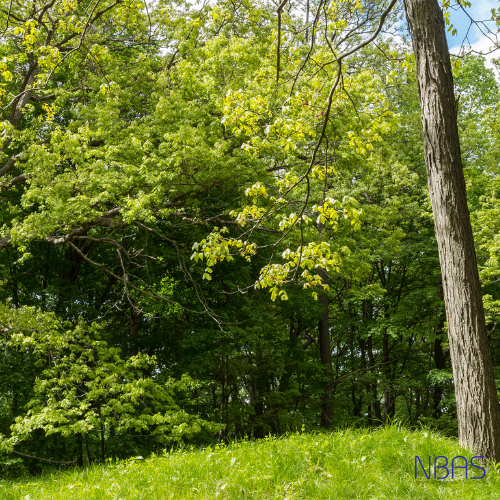
Woodland & Natural Burials
If the deceased was passionate about the environment, it may be that a woodland or natural burial would be most appropriate for them.
These follow strict rules to ensure that no harm comes to the environment, such as using biodegradable coffins or caskets and only allowing natural materials to be used for grave memorials.
